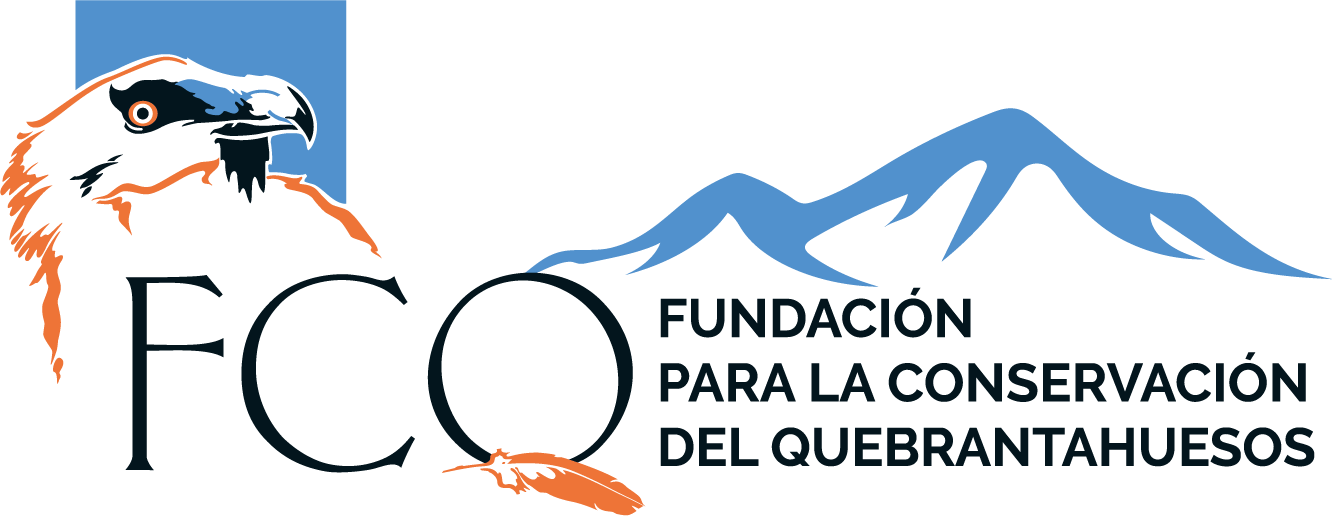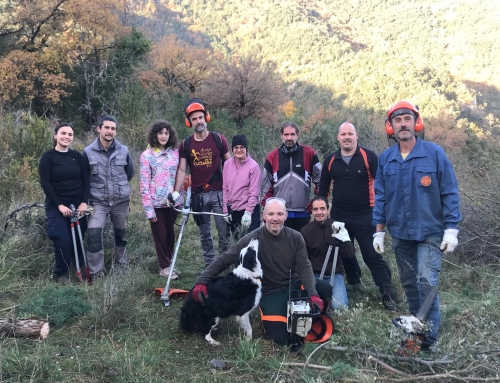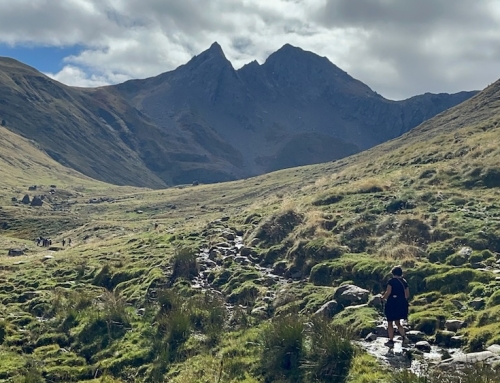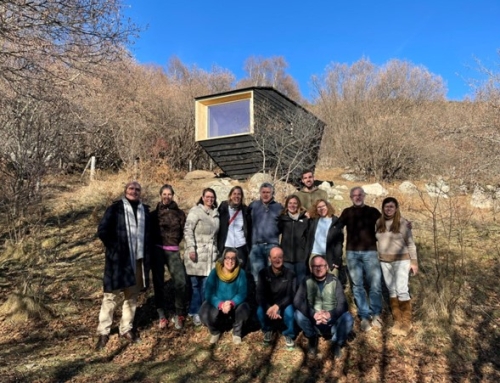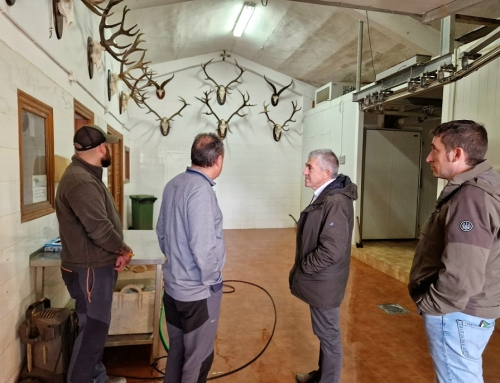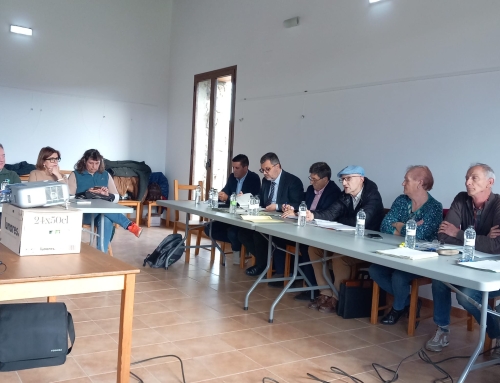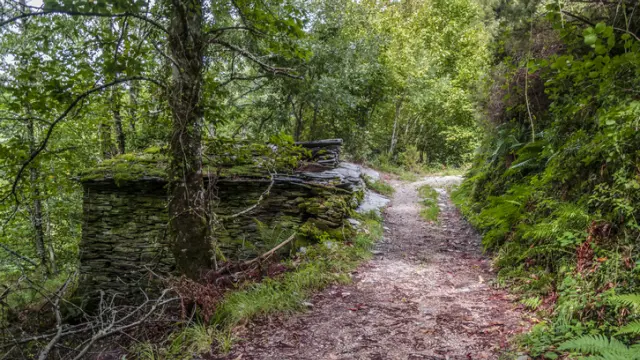
The European Parliament approves the law on the restoration of nature and supports a pillar of the Green Pact amidst reproaches.
There are few photos more representative of the division between left and right in the European Parliament as the one seen this Tuesday in the plenary session in Strasbourg: the European Parliament has approved the law on the restoration of nature, and thus closes one of the most tense chapters of the legislature. In fact, the vote was close, and went ahead with 329 votes in favor, 275 against and 24 abstentions, between celebrations on the part of the groups on the left and disappointment on the right, with a split EPP when it came to positioning itself. The Nature Restoration Act seeks to protect the EU’s biodiversity, to correct its “alarming decline”, according to the European Commission’s warning, in view of the fact that “more than 80%” of European habitats are in poor conservation conditions or that “more than 70%” of soils are in “unhealthy conditions”, resulting in a “loss of agricultural productivity worth 1.25 billion a year”. To halt this trend, the Commission proposes in this law legal obligations for Member States to protect biodiversity. Thus, they will have to develop National Restoration Plans to, as a whole, restore “at least 20%” of the European territory by 2030 and of all those in need of restoration by 2050. If the standard is enacted, European governments will also have to create laws to protect all habitats, not just those within the Natura 2000 network. All in all, the rule has become one of the most divisive of the EU legislature. “The EU has the first Nature Restoration law in its 70-year history. The restoration of ecosystems is essential to fight climate change, tackle the biodiversity crisis and protect food security,” celebrated the rapporteur of the rule, César Luena (PSOE), a praise to the rule that also joined from Ciudadanos, through Soraya Rodríguez. “The negotiation has been long and difficult, but it has been worth it. Today we have a law that benefits not only the health of our ecosystems, but also that of citizens and the economy,” she said. The critical voice was that of Vox spokesman, Jorge Buxadé, who has shown his disagreement with the law since the beginning of the debate. “The Restoration of Nature, Von der Leyen’s star project, approved. The lace to agriculture, livestock and fisheries, executed by the fanatic European consensus. A very sad day. More urgent the vote for Vox to reverse everything on June 10,” he said, in an appeal to the polls for the next European elections. The norm, however, still has to pass the approval of the Council, in a last step that is reached after months of clashes. All the votes at different levels have been saved by those in favor of the law by very few votes, especially because of the division within the European People’s Party, whose common position has not been such almost at any time. Moreover, this Tuesday, among others, the Irish MEPs of the group have decided to vote in favor (in total there have been 25 ‘fractious’).
This is striking because the nature restoration law is a key point of the Green Pact, one of the most important pillars for the European Commission, led precisely by Ursula von der Leyen, of the EPP. The Spanish PP was precisely against the law, as Dolors Montserrat made clear. “While the rural world has taken to the streets because of the crisis they are facing, thanks to the support of the Spanish socialists, the Parliament approves new forms of bureaucracy and obligations for farmers and fishermen. And the worst thing is that now sectarian governments like Sanchez will use this law to further suffocate the primary sector,” he said. He accompanied the position of Manfred Weber, leader of the EPP in the European Parliament, and for many the big loser of the vote: “It is a bad law. It doesn’t fit with the times. Politicians should listen more to farmers. What is needed is deregulation, not new laws,” he said. In that scenario, the Community Executive has very much welcomed the passage of the European Parliament, in the words of Commissioner Virginijus Sinkevičius, who explained why the rule “is crucial” for the future of the EU. It serves, he explained, “to keep our soils and land productive and safeguard the future of our farmers, to address the biodiversity crisis and meet our climate targets, and to preserve our economic base for many of our industries.” To improve the biodiversity of agricultural ecosystems, EU countries will need to make progress on two of the following three indicators: the grassland butterfly index; the proportion of agricultural land with high diversity landscape features; the organic carbon stock in the mineral soil of arable land. Measures should also be taken to increase the index of common farmland birds, “as birds are good indicators of the overall state of biodiversity,” they explain. The law also calls for a positive trend in several indicators of forest ecosystems and the planting of three billion additional trees. Member states will also have to restore at least 25,000 kilometers of free-flowing rivers and ensure that there is no net loss in the total national area of urban green space and urban tree cover.
Source:
